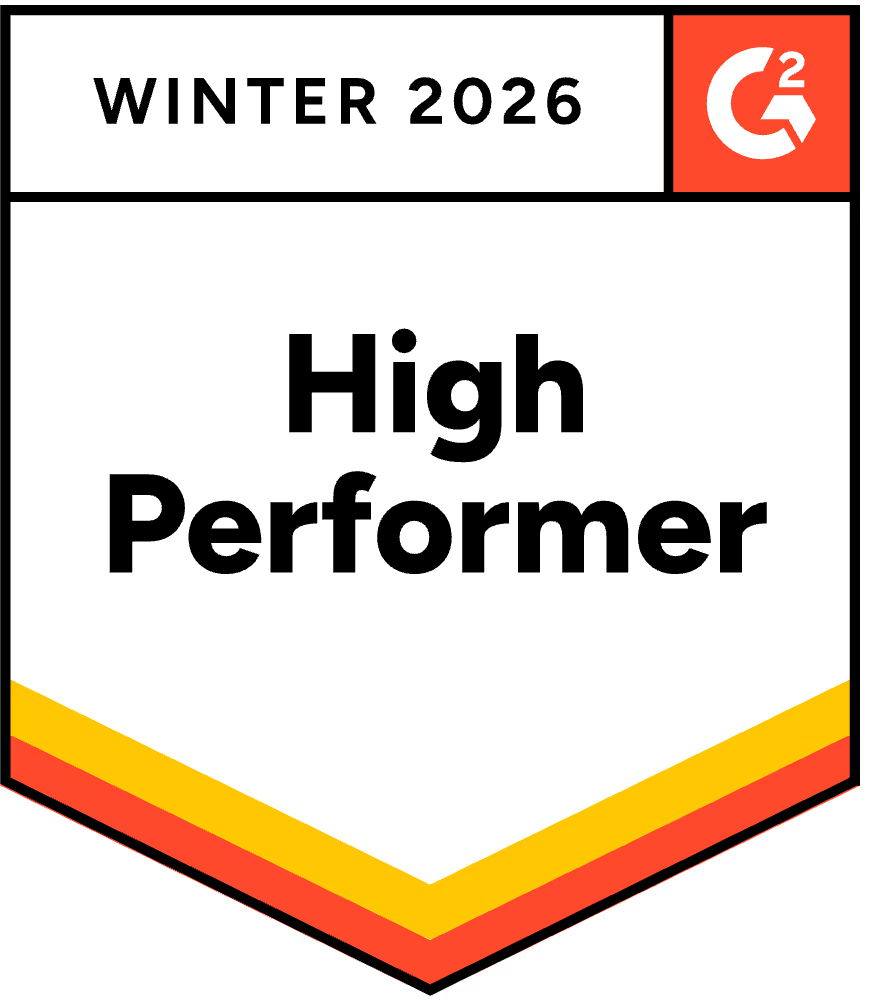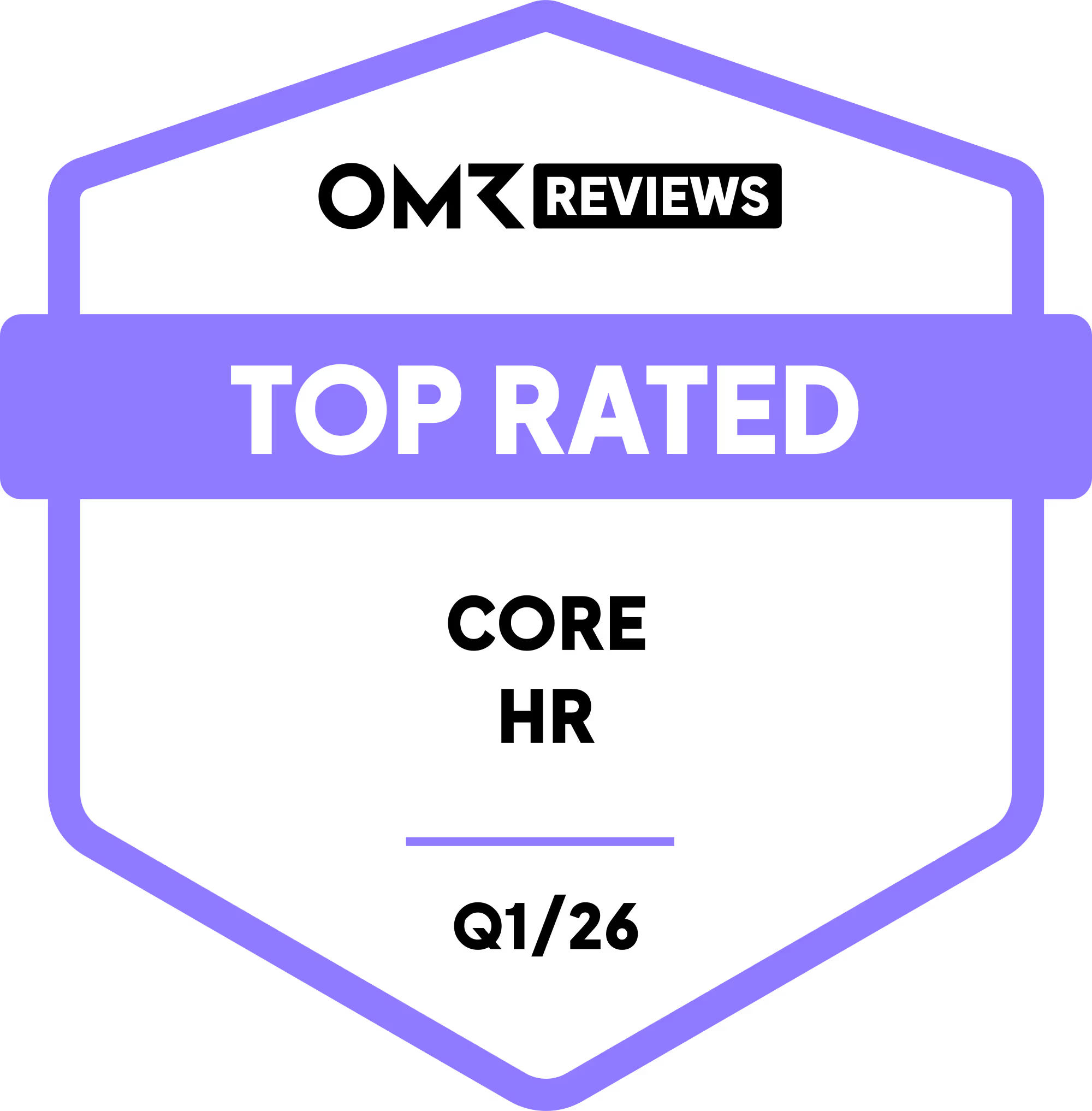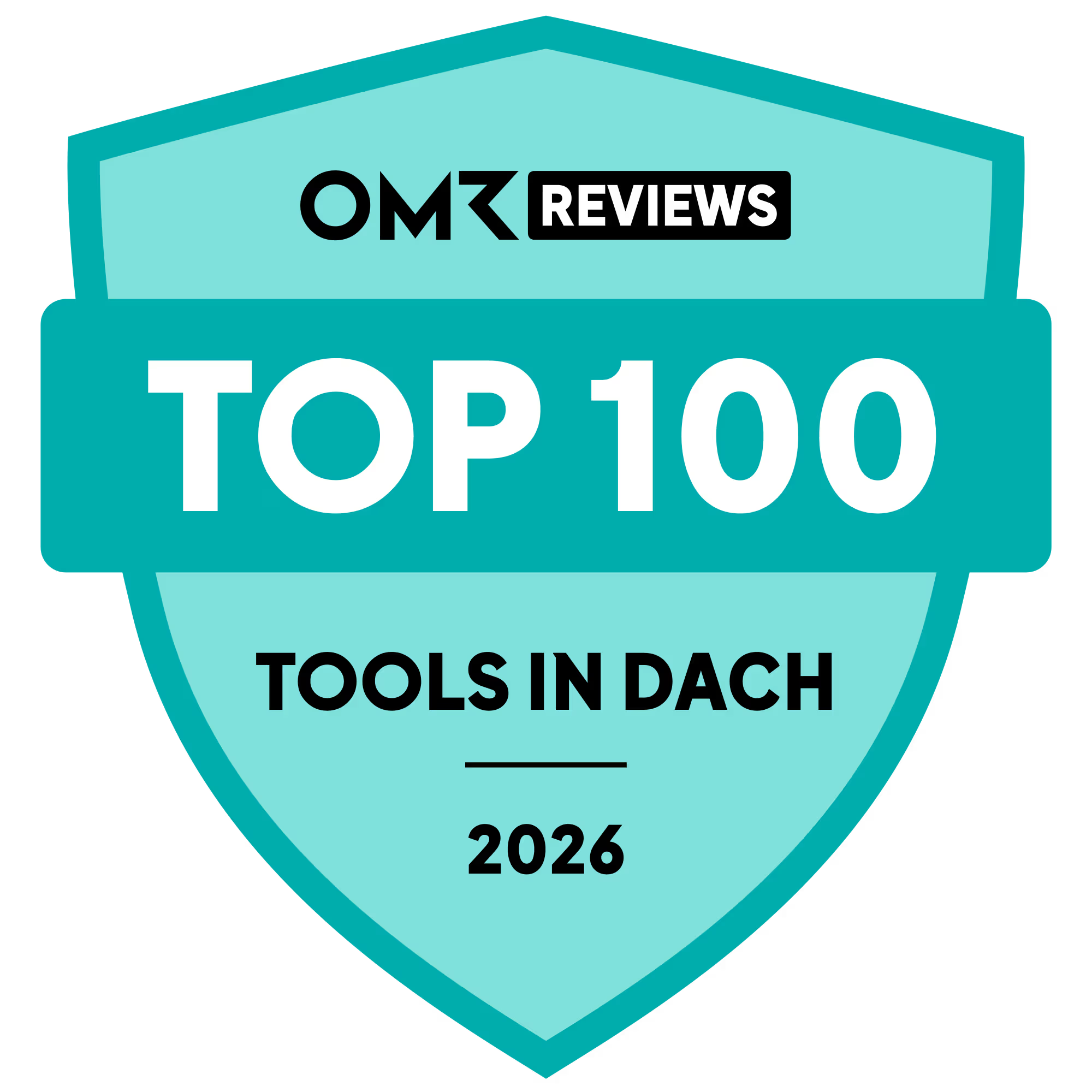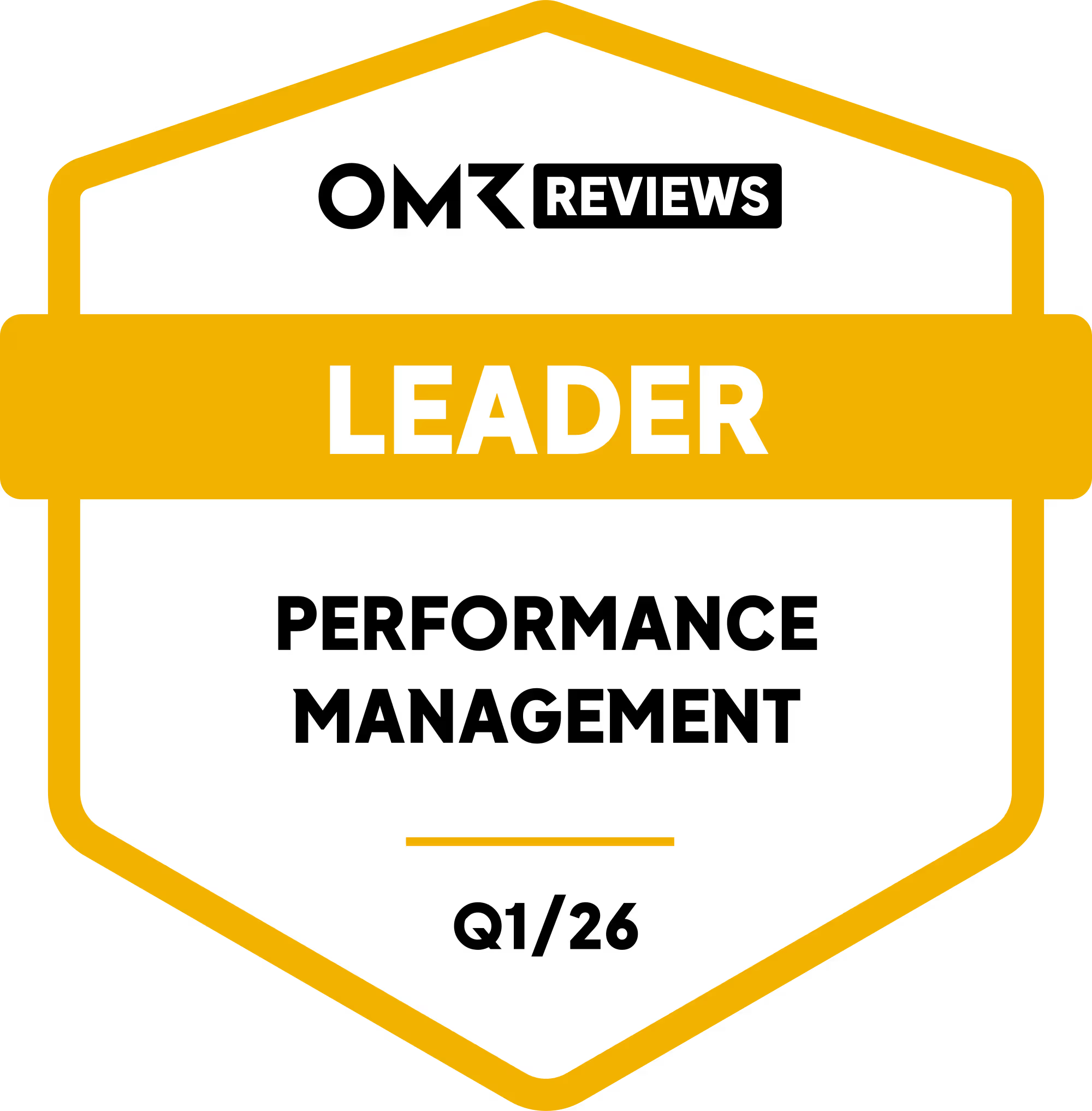People Over Perks Podcast Folge 8 — David Hanrahan, CHRO bei Eventbrite
Leapsome Team

Verwandte Artikel
Zurück zum BlogSind Sie bereit, Ihre Strategie zur Mitarbeiterförderung zu verbessern?
your People operations?
Informieren Sie sich über unsere Leistungsbeurteilungen, Ziele und OKRs, Engagement-Umfragen, Onboarding und mehr.
.webp)
.webp)
 Fordern Sie noch heute eine Demo an
Fordern Sie noch heute eine Demo an




































